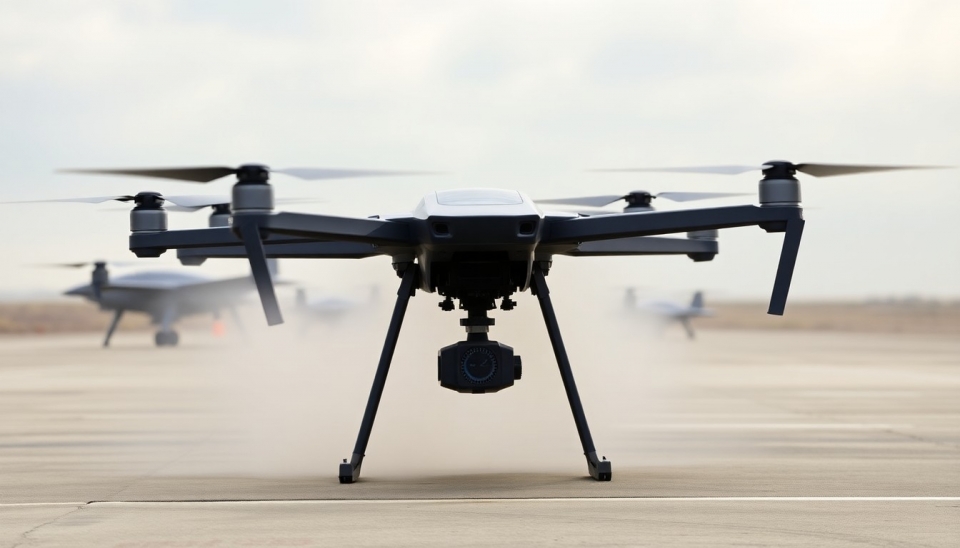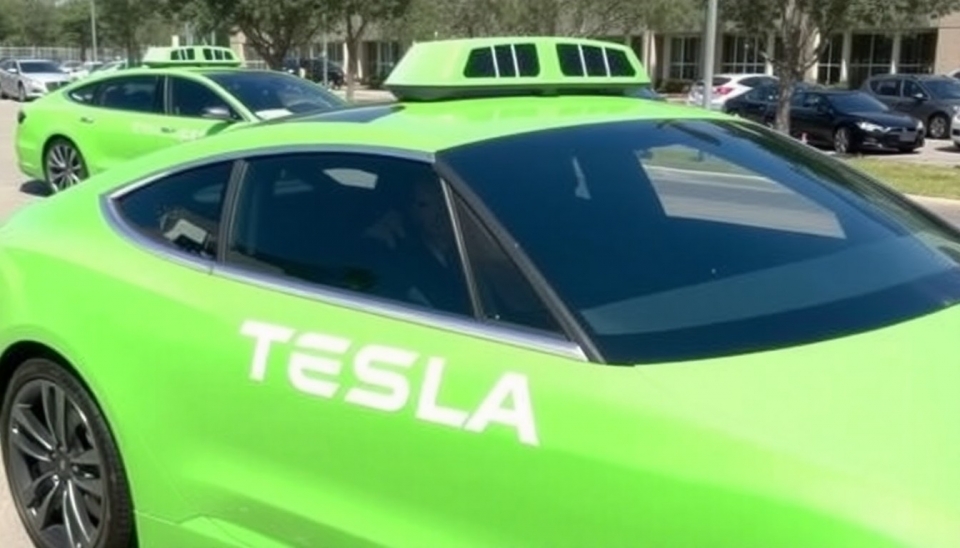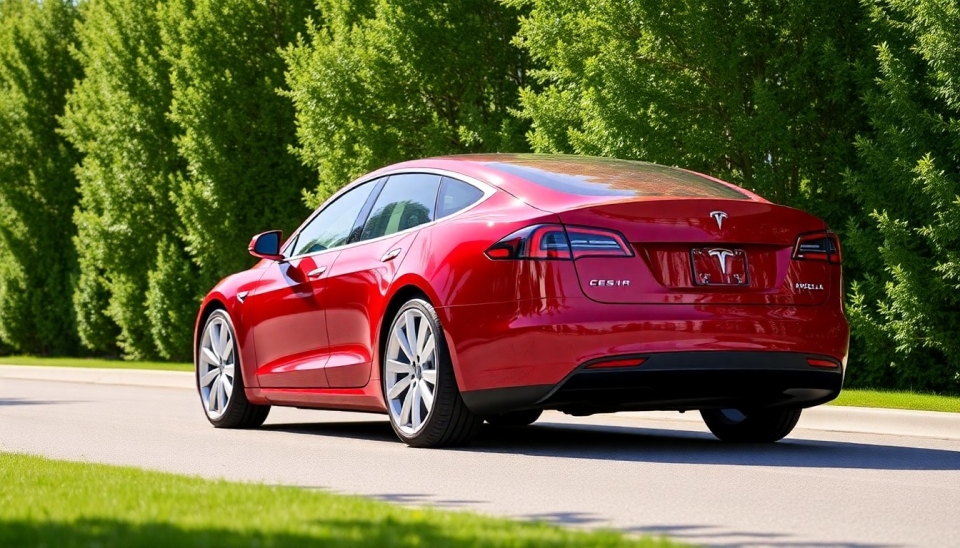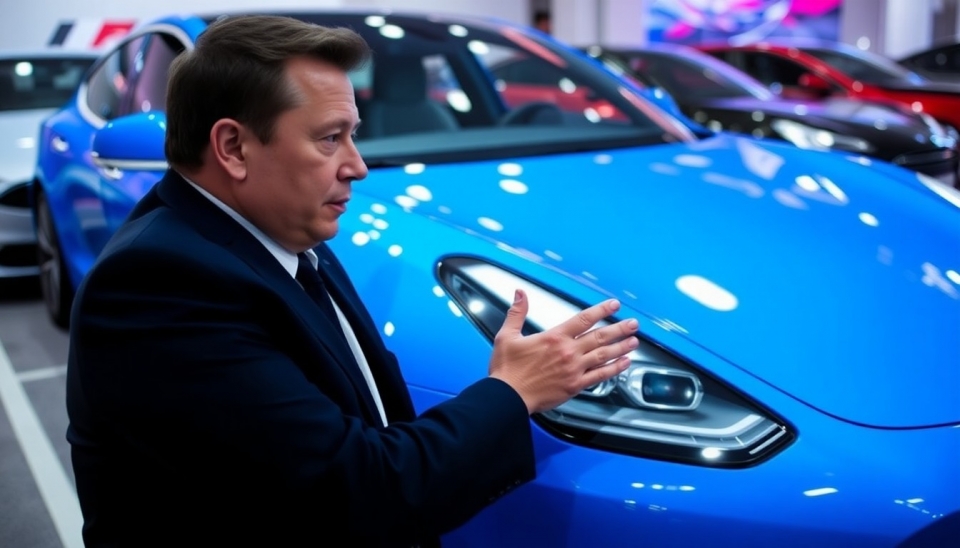
In a groundbreaking interview with West Point’s Army and Society conference, Elon Musk, the visionary behind Tesla and SpaceX, articulated his firm belief that drones and artificial intelligence (AI) are set to reshape modern warfare. Musk emphasized the pivotal role of technological advancements in military strategy, particularly as countries engage in an escalating arms race focused on unmanned systems.
Musk, known for his forward-thinking ideas, pointed out that the advent of drone warfare combined with AI capabilities signifies a paradigm shift in conflict engagement, hinting at a future where traditional combat methods may be supplanted by these cutting-edge technologies. During the interview, he discussed several key developments in military technology that could redefine how battles are fought, indicating that countries would be forced to adapt rapidly to these advancements.
The Tesla CEO elaborated on the operational advantages that drones provide over human soldiers, citing their ability to perform high-risk maneuvers without putting lives at risk. Drones equipped with advanced AI could potentially assess battlefield situations in real-time, allowing for faster decision-making and more strategic responses. Musk highlighted the necessity for defense departments worldwide to invest heavily in AI and drone technology to maintain a competitive edge.
In an era where asymmetrical warfare is becoming increasingly prevalent, Musk believes that nations that fail to embrace these technologies may find themselves at a significant disadvantage. The convergence of drones and AI transcends simple enhancements of existing military capabilities; it opens doors to entirely new forms of warfare that could change geopolitical dynamics.
While discussing ethical concerns associated with the deployment of autonomous systems in combat scenarios, Musk argued that the benefits greatly outweigh the risks. He addressed fears about the potential for autonomous drones to cause unintended casualties, asserting that stringent protocols and regulations could mitigate those risks. Moreover, he called for an international dialogue around the ethical implications and governance of AI in military applications.
Musk's assertions reflect a broader trend within defense circles leaning toward modernization and technological innovation. Hiring experts in AI and drone technology has become a priority for military organizations across the globe, and Musk's comments serve to further underline the critical importance of these emerging technologies in shaping future warfare.
As his interview concluded, Musk reiterated the urgency for military leaders and governments to reevaluate their strategic approaches in light of the rapid advancements in drone and AI capabilities. The keynote served not only as a glimpse into the potential future of warfare but also as a call-to-action for a global reassessment of defense strategies amidst an evolving technological landscape.
In summary, Elon Musk’s insights during the West Point interview highlight a compelling vision for the future of warfare, dominated by drones and AI. The dialogue surrounding these technologies continues to grow, paving the way for potential breakthroughs that could revolutionize how conflicts are managed and fought in the years to come.
#ElonMusk #Drones #AI #FutureOfWar #WestPoint #MilitaryInnovation #TechnologyInWarfare #EthicsOfWar #AutonomousWeapons
Author: John Miller




